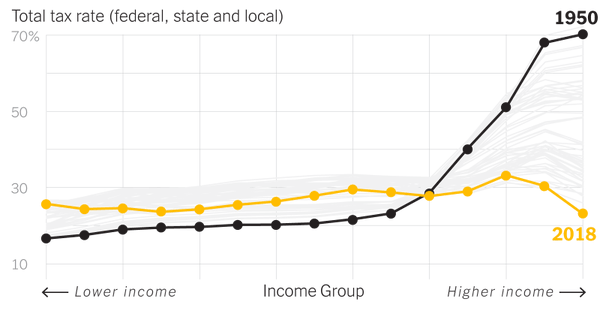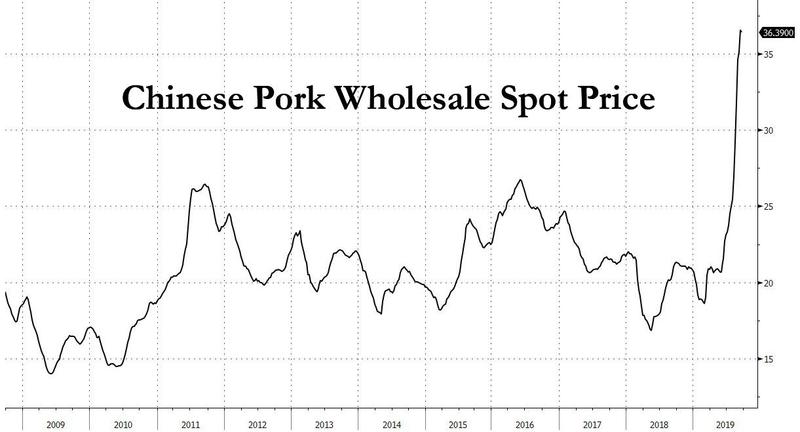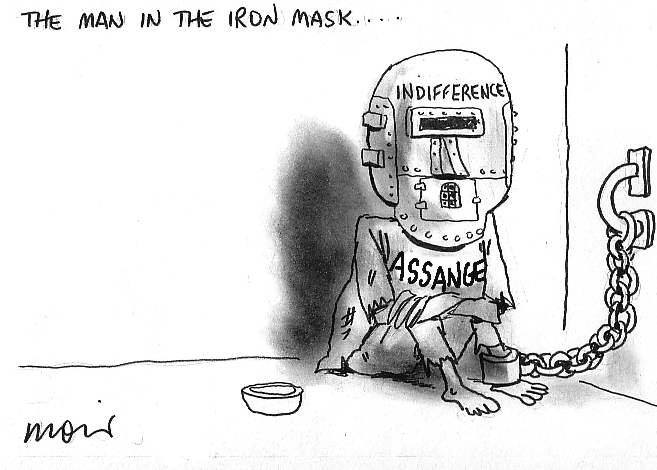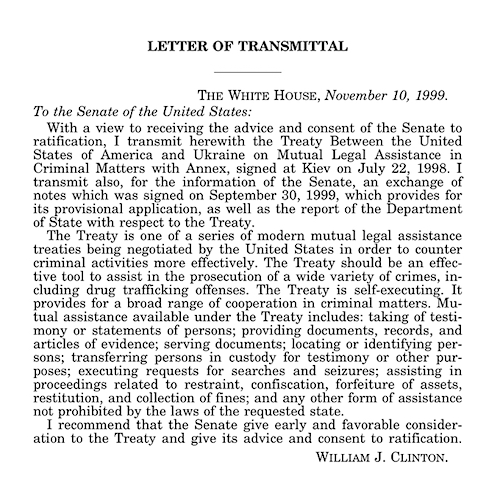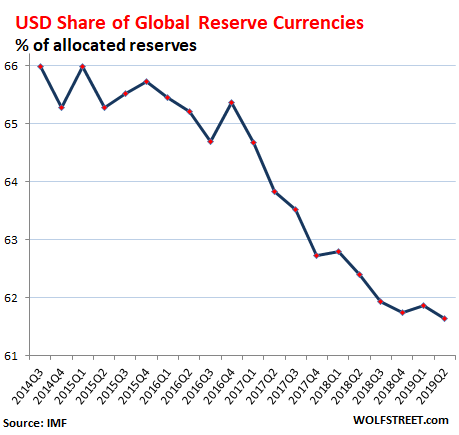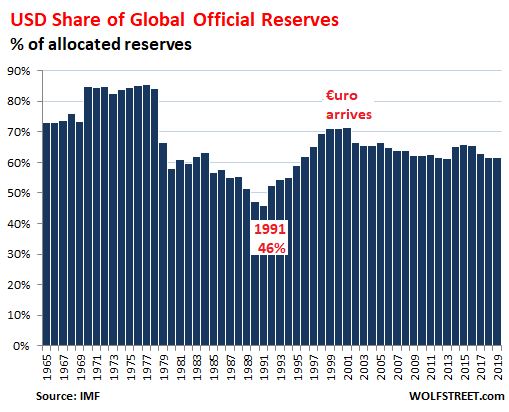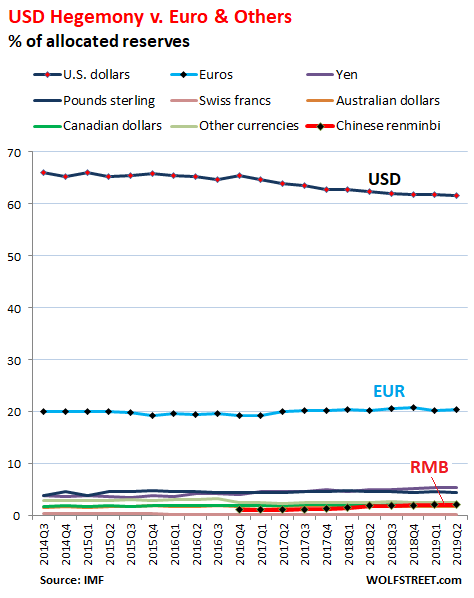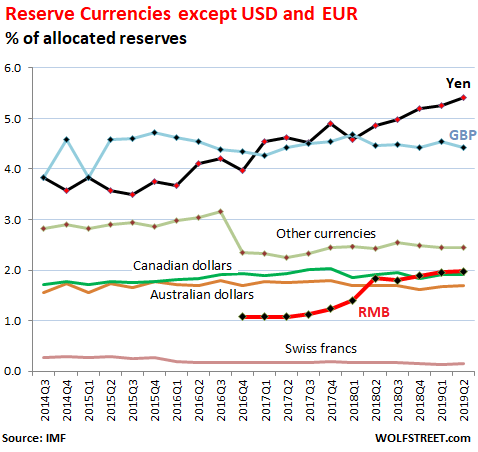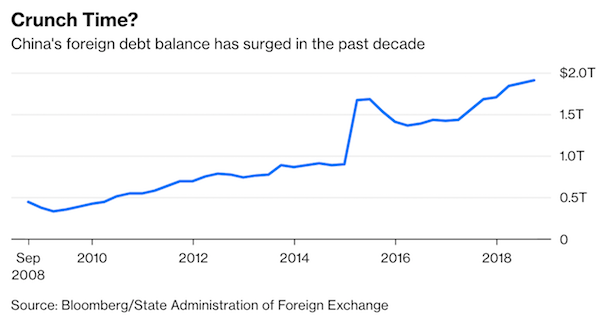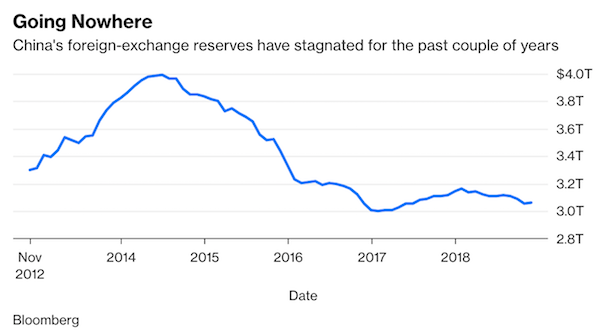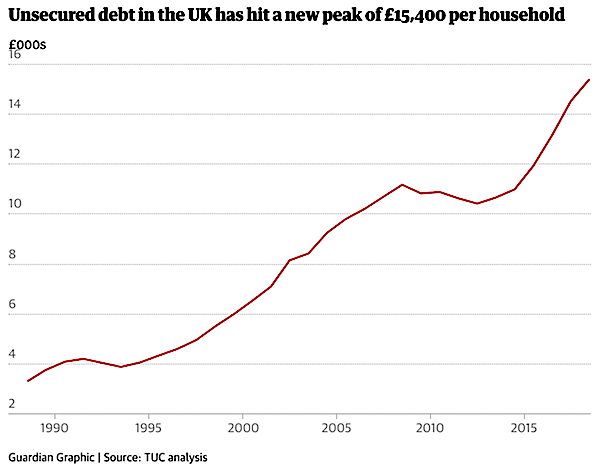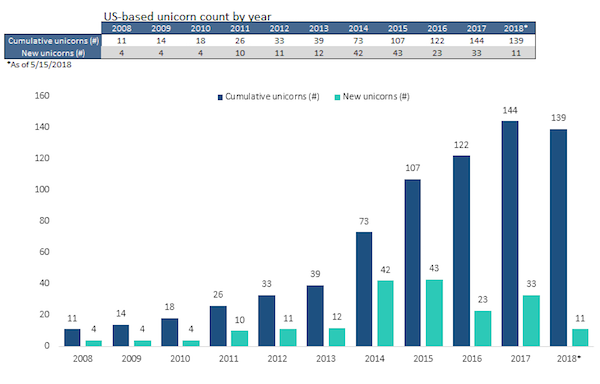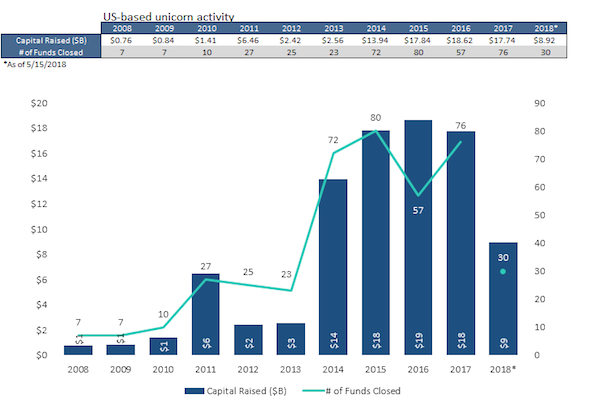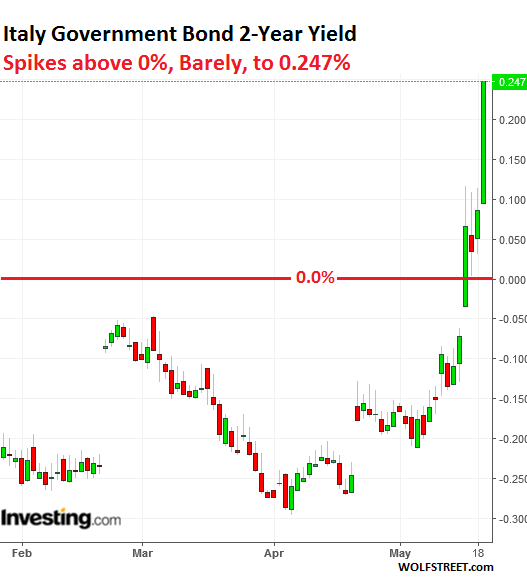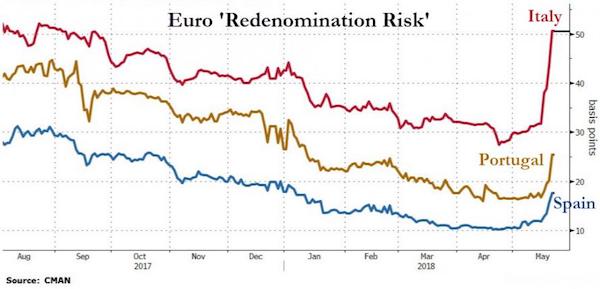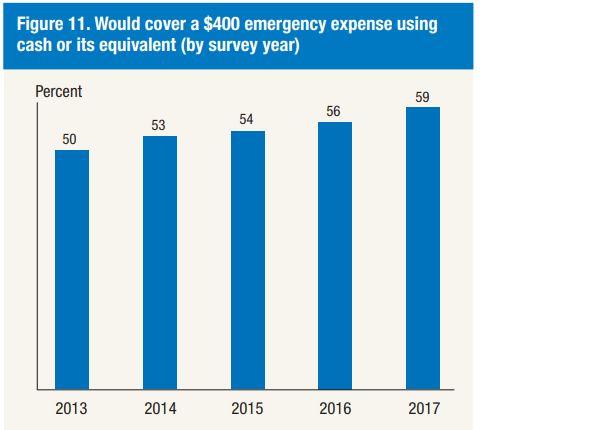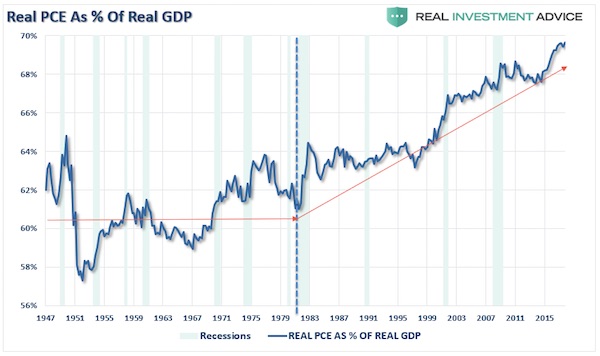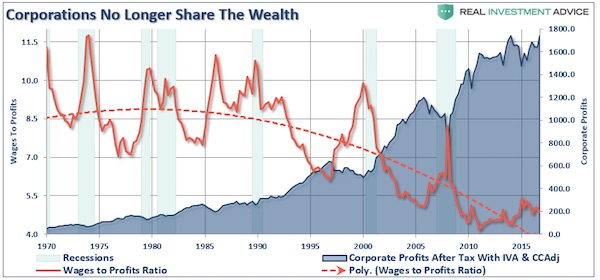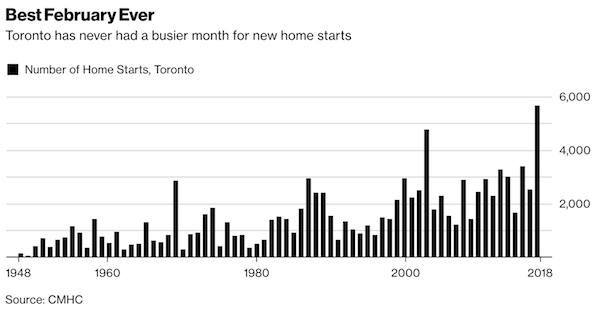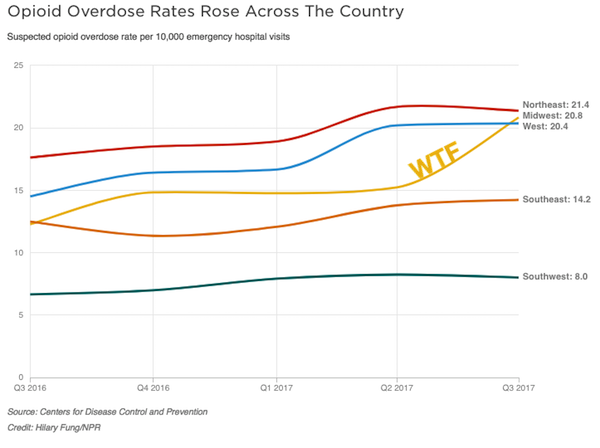
Paul Gauguin Breton woman and goose by the water 1888

Less war? Condemnation on all sides of all aisles.
• Trump Appears to Reverse Syria Decision (USNews)
A senior administration official on an organized call with reporters appeared to contradict President Donald Trump about Syria policy late Monday, refuting interpretations of his statements from earlier in the day that prompted broad outrage from supporters and opponents alike. The U.S. is not removing its forces from Syria in the face of a Turkish incursion, said the official, speaking on the condition of anonymity. Rather, the president ordered roughly 50 special operations troops in northern Syria to relocate to a different part of the country after he learned that Turkey has planned an offensive against U.S.-backed Kurdish forces in Syria. The official said that offensive had not yet begun.

The latest assertion, however, appears to conflict with a flurry of tweets the president issued Monday, further explaining a White House statement late Sunday that first announced the withdrawal, but offered few details. “It is time for us to get out of these ridiculous Endless Wars, many of them tribal, and bring our soldiers home,” Trump wrote in one tweet. The idea of the U.S. withdrawing any of its roughly 1,000 troops still in Syria – even just from the front lines where they operate with Kurdish allies – prompted widespread outrage on Capitol Hill, including from some of the president’s staunchest allies like Sen. Lindsay Graham and Senate Majority Leader Mitch McConnell. They feared that the decision amounted to abandoning the Kurds, who have been instrumental in defeating the Islamic State group, but which Turkey has labeled as terrorists and vowed to attack.


Pleasing Erdogan is never a good idea.
• Trump Vows To OBLITERATE Turkish Economy If It Does ‘Anything Off Limits’ (RT)
In a fairly blunt warning to the NATO ally, US President Donald Trump vowed to “obliterate” the Turkish economy if he thinks it’s stepped out of line in Syria. He then told Ankara to “watch over” ISIS fighters in the US’ absence. “If Turkey does anything that I, in my great and unmatched wisdom, consider to be off limits, I will totally destroy and obliterate the Economy of Turkey (I’ve done before!)” the president threatened via tweet on Monday – an odd turn of phrase for what otherwise seemed like a dire warning to a supposed ally. Trump called for Turkey to join “Europe and others” in “watch[ing] over the captured ISIS [Islamic State] fighters and families” just hours after announcing the US would finally pull out of northern Syria on Monday.
The announcement triggered howls of fury from hawks in Congress and the media, as well as sudden experts in Middle Eastern politics who cried that leaving Syria would abandon the Kurds to be torn apart by Turkey. The Pentagon “does not endorse a Turkish operation in Northern Syria,” a Pentagon statement issued on Monday clarified, stating “the US Armed Forces will not support, or be involved in any such operation.” While Turkey considers the Kurdish YPG militia an extension of the banned terrorist group PKK, the US has been arming and protecting the Kurds for years – and, as Trump pointed out in his earlier announcement, paying them “massive amounts of money and equipment.”

Ukraine as Pandora’s box.
• Joe, Hunter Biden Could Be Forced To Testify In Senate Impeachment Trial (WT)
Former Vice President Joseph R. Biden and his son Hunter could be forced to testify if the Senate ends up holding an impeachment trial of President Trump, say congressional aides who questioned whether Democrats have thought through the full implications of their impeachment drive. Not only could Mr. Biden be forced to be in D.C. at a critical moment in the presidential campaign, but so could many of his chief rivals — the half-dozen senators also vying for Democrats’ presidential nomination, impeachment experts said.
For that matter, if the House chooses to impeach Mr. Trump on charges stemming from the special counsel’s Russia investigation, aides said it could open the door to witnesses such as fired FBI Agent Peter Strzok or even major figures from the Obama administration. Mr. Trump could even be present for the entire spectacle. Experts said the Senate would have a hard time refusing him if he demanded to confront the witnesses against him.

A lifelong liberal has had his fill.
A lot of readers (some of them former readers now) have been angrily twanging me by email for writing about the three-year Resistance effort to un-do the 2016 election. I did not vote for Mr. Trump (or Mrs. Clinton) but I resent the coup mounted to overthrow him. I object to the bad faith and dishonesty of the Resistance. I object to the criminal misconduct among the federal bureaucracy, and the mendacity of its partners in the news media, and the hysteria they continue to generate — at the expense of other matters that concern our future. The political disorder spooling out is the political expression of the long emergency that the nation faces as it finally encounters the limits to growth we were warned about decades ago.
The techno-industrial phase of history is ending, and we are left only with inadequate fantasies for coming to terms with it and moving forward. The dynamic relationship between affordable energy supplies and the operations of money roils at the core of this predicament. They are undoing each other and the result will be a contraction of human activity. The big question we refuse to face is how to cope with contraction. Beyond the ongoing orchestrated coup stands a reality-optional political Left consumed by serial hysterias, uninterested in truth, steeped in social despotism, and apparently willing to do anything to gain power. We should be very concerned with what they intend to do with that power.
As they attempt to redistribute wealth, they will make the unhappy discovery that the wealth itself is subject to the wholesale contraction underway. The overvalued “assets” representing “money” hoarded by the “wealthy” will turn out to be figments of a runaway debt crisis. We have already debased the operations of banking, and the tokens that banks issue — currencies and securities — levitate over an abyss. We already have plenty of evidence for what the Left will do to the principle of political liberty. Their shibboleths of “diversity” and “inclusion” really mean shutting down free speech and telling everybody how to think. They are less interested in “social justice” than in plain coercion, the pleasure they take in pushing people around. What’s worse is that they want to use government as the instrument for enforcing their will.

Who’s counting anymore? The US will end up with only the rich and the desolate.
• US Federal Deficit Estimated At $984 Billion, Highest In Seven Years (Hill)
The federal budget deficit for 2019 is estimated at $984 billion, a hefty 4.7 percent of GDP and the highest since 2012, the Congressional Budget Office (CBO) said on Monday. The difference between federal spending and revenue has only ever exceeded $1 trillion four times, in the period immediately following the global financial crisis. The deficit, which has grown every year since 2015, is $205 billion higher than it was in 2018, a jump of 26 percent. The CBO has warned that the nation’s debt is on an unsustainable path. Higher levels of debt increase borrowing costs, make it harder for the government to battle economic downturns and increase the share of future spending devoted to paying off interest costs.
Since President Trump took office, the GOP has passed a massive tax cut package that reduced revenue, while Democrats and Republicans have agreed to increase spending year after year. Budget watchers note that the main drivers of the deficit, however, come from automatic spending programs such as Social Security, Medicare and Medicaid. “Democrats and Republicans must be held responsible for the outrageous deficit reported today by the CBO,” said Jason Pye, vice president of legislative affairs at the conservative advocacy group FreedomWorks. “This unsustainable situation is only going to get worse,” he added.

Always fun to see the US accuse others of its own signature practices.
• US Blacklists China Organisations Over Xinjiang ‘Uighur Abuse’ (BBC)
The US has blacklisted 28 Chinese organisations for their alleged involvement in abuses against ethnic Uighurs in China’s Xinjiang province. The organisations are now on the so-called Entity List, which bars them from buying products from US companies without approval from Washington. The 28 targets include both government agencies and technology companies specialising in surveillance equipment. It is not the first time the US has put Chinese groups under a trade ban. In May, the Trump administration added telecommunications giant Huawei to the Entity List because of security fears over its products.
A Commerce Department filing said the organisations are “implicated in human rights violations and abuses”. Rights groups say Beijing is severely persecuting the mostly Muslim Uighurs in detention camps. China calls these “vocational training centres” to combat extremism. The Commerce Department said in its decision on Monday that these 28 entities are implicated in “China’s campaign of repression, mass arbitrary detention, and high-technology surveillance against Uighurs, Kazakhs, and other members of Muslim minority groups.” Xinjiang province’s Public Security Bureau is on the list, along with 19 other smaller government agencies.
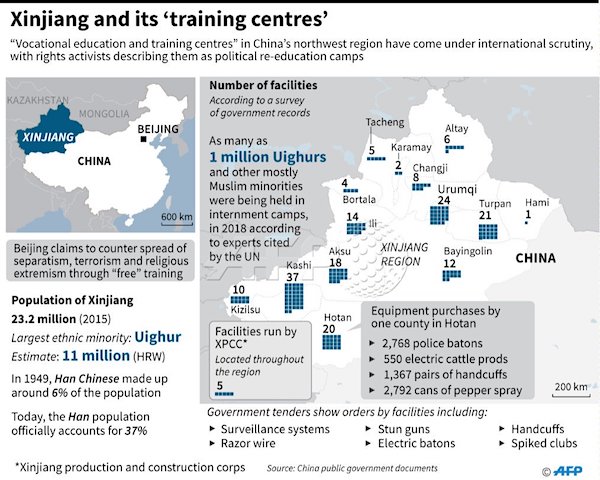

But ties him down in the process. The Court also has the power to write the extension request for the PM.
• Court Rejects Latest Request To Force PM To Ask For Brexit Extension (G.)
Anti-Brexit campaigners have failed in an attempt to force Boris Johnson to ask for an extension to article 50 if he is unable to get a Brexit deal through parliament. Lord Pentland, sitting in the court of session in Edinburgh, rejected their request for a court order instructing the prime minister to seek an extension if he cannot get a deal passed by the Commons this month. Pentland said he had to take at face value pledges made by the UK government on Friday that Johnson would write the letter seeking an extension on 19 October as required under the so-called Benn act. Pentland said those assurances were unequivocal.
“I approach matters on the basis that it would be destructive of one of the core principles of constitutional propriety and of the mutual trust that is the bedrock of the relationship between the court and the crown for the prime minister or the government to renege on what they have assured the court that the prime minister intends to do,” the judge ruled. [..] Anti-Brexit campaigners are expected to appeal against the decision on Tuesday, when they will ask another Scottish court to write the article 50 extension letter if Johnson fails to do so. The campaigners – Dale Vince, a green energy entrepreneur, Jolyon Maugham QC, an anti-Brexit campaigner, and Joanna Cherry QC, a Scottish National party MP – want the inner house of the court of session to use its unique nobile officium powers to act on Johnson’s behalf. Those powers allow the court of session to take action in a situation where a remedy is needed, but this case is seen as highly unusual.

“Essentially a technical discussion of the exact nature of future customs checks.”
• Irish Border Is A Matter Of Life And Death, Not Technology (Fintan O’Toole)
Spaff some money on some geeks.” According to Chris Cook’s excellent account of Theresa May’s Brexit negotiations with Brussels, that was the instruction issued to the civil service by May’s enforcer Fiona Hill in late 2016. It had finally dawned on the British government that it had committed itself to two incompatible things. One was that under no circumstances would there be a return to a hard border between the UK and the Republic of Ireland. The other was that all of the UK was going to leave the EU’s customs union. May faced exactly the same problem that her successor Boris Johnson is struggling with: you can do one or other of these things but you cannot do both. If Northern Ireland leaves the customs union, there will be border controls.
And so May tried to do what Johnson is still proposing: throw money at nerds and hope that they can somehow transform a political problem into a technical issue. The old (superbly condescending) joke was that whenever the Irish question was about to be solved, the Irish would change the question. But the British government has been trying to solve the riddle of Brexit’s Irish question not just by changing the question, but by changing the entire conceptual framework. It has to be removed from a discourse of history and geography and memory and translated into the languages of technology and managerialism. That is how Johnson sought to define the problem in his speech to the Tory party conference last week: “Essentially a technical discussion of the exact nature of future customs checks.”
Previously, of course, he suggested that crossing the Irish border was similar to going from one borough of London to another, and that any problem it creates could be solved with the same technology used to operate the city’s congestion charge. This is a way of minimising and dismissing an inconvenient truth. But it also goes to the heart of the complete failure of Johnson’s proposals for a replacement of the backstop designed to keep the border invisible. Everybody in Ireland, north and south, knows that there are many technical questions thrown up by Brexit. But nobody – not even Johnson’s DUP allies – really believes that what Brexit does to John Bull’s Other Island is a matter for a “technical discussion”. In Ireland, it’s about lives – and deaths.

Every single sports stadium in the US has played Rock and Roll Part 2 all the time for decades. He should be filthy rich already.
• Convicted Pedophile Gary Glitter To Earn Big From ‘Joker’ Movie (CNBC)
The contentious inclusion of a song by convicted pedophile Gary Glitter in “Joker” has sparked a wave of criticism from moviegoers, with many concerned the disgraced former glam rock singer will be entitled to lucrative music royalties. The R-rated comic book movie smashed box office records over the weekend, with Warner Bros. hauling in $93.5 million in the U.S. alone. That marked the highest debut for a film released in October in cinematic history. “Joker” also garnered $140.5 million internationally, bringing the film’s total ticket sales to $234 million, Warner Bros. said Sunday. But, despite the film’s opening weekend success, the makers of the movie have stoked controversy for featuring Glitter’s 1972 hit “Rock and Roll Part 2” in a lengthy scene.
The song plays for approximately two minutes as Joaquin Phoenix, who has received rave reviews for his portrayal of the eponymous villain, dances down a long flight of steps outside his Gotham City apartment. Glitter, whose real name is Paul Gadd, is reportedly expected to receive a lump sum for allowing the recording to be used in “Joker.” He is also thought to be in line for music royalties depending on the success of movie theater ticket sales, DVD sales and film soundtrack sales. The 75-year-old was jailed for a total of 16 years in 2015 for attempted rape, four counts of indecent assault and one count of having sex with a girl under 13. All six offenses were committed in the 1970s and 1980s. He was first jailed in 1999 when he admitted to possessing images of child abuse.

Let’s see it first.
• Twitter, Facebook Could Face Billions In Fines After Ireland Probes (CNBC)
Ireland’s Data Protection Commission has concluded investigations into Facebook’s WhatsApp and Twitter over possible breaches of EU data privacy rules, a spokesperson for the agency revealed to CNBC Monday. The investigations will now move into the decision-making phase, according to Graham Doyle, head of communications for Ireland’s DPC. During this next phase, Ireland’s chief data regulator, Helen Dixon, will issue draft decisions, which are expected to come toward the end of the year. These would mark Ireland’s first decisions related to U.S. multinational companies since Europe’s privacy law called the General Data Protection Regulation (GDPR) went into effect on May 2018.
In her draft decisions, Dixon will determine the penalty, if any, that either company faces for breaching data privacy rules. Companies can be fined up to 4% of global annual revenues for breaching Europe’s data privacy law called GDPR. For Facebook, that could mean a fine of more than $2 billion based on its fiscal year 2018 revenue. Because many big tech companies have their EU headquarters in Ireland, the Irish DPC supervises the firms under GDPR. Ireland’s DPC has opened more than a dozen investigations into big tech companies including Facebook, Apple, Google and Twitter.

Delivers Assange, gets loan, turns against his people, declares state of emerrgency, flees the capital and moves it elsewhere.
• Ecuadorians Revolt Against Moreno’s IMF-Imposed Neoliberal Policies (GZ)
“Se acabó la zanganería” — “The zanganería is over.” With these words, uttered on October 4, Ecuador’s President Lenin Moreno proclaimed the end of a 40-year policy of fuel and petrol subsidies, which had traditionally benefited his country’s working-class population. [..] The decision to cut the government’s decades-old fuel subsidies was just one element in a package of neoliberal economic reforms presented by the Moreno government on October 1. The program was part of a bid to satisfy the demands of the IMF. This October, the reform package set off an explosion of mass protests across the nation. Moreno claimed the drastic new economic measures were necessary to reduce “wasteful” public spending and balance the government’s budget.
The most controversial measure of all has been the elimination of the petrol subsidies that had been in place since the 1970s. This removal led to a staggering 123 percent rise in the price of diesel, with similar increases in the price of other fuels. The package also introduced a 20 percent decrease in the salary of public employees, and initiated plans to privatize pensions and removed workplace security and job security safeguards. When he announced the wildly unpopular austerity package, President Lenin Moreno sensed that large protests against his government were inevitable. So he declared a national “state of emergency,” and immediately deployed both the police and the military against protesters in the capital of Quito and other areas around the country.

The lawlessness is staggering.
“Employees of UCE Global took apart and photographed the cellphones of North American journalists who visited the founder of WikiLeaks..”
• Russian, US Visitors Targets For Spanish Firm That Spied On Assange (El Pais)
David Morales, the director and owner of Undercover Global S. L., the Spanish defense and security company in charge of protecting the Ecuadorian embassy in London during Julian Assange’s long stay there, called on his team to catalogue “the Russian and American citizens” who visited the cyberactivist as a maximum priority, according to testimonies and documents to which EL PAÍS has had access. The company allegedly spied on the WikiLeaks founder for the US intelligence services, and in the wake of revelations published by this newspaper is being investigated by the Spanish High Court, the Audiencia Nacional. Morales gave written instructions to his employees in London for them to give advance warning of the priority targets from both countries.
All of the information collected about these and other visitors was sent to an FTP (File Transfer Protocol) server in Jerez de la Frontera, the headquarters of UCE Global S. L., in southern Spain. This kind of “big brother” was the place were all of the information collected was stored in an orderly fashion, including files from cellphones, profiles by nationality (Russians, North Americans, Germans, etc.), professions, and documents from attorneys, diplomats, journalists, doctors, and so on. Employees who worked for UCE Global S. L. have told this newspaper that the CIA had access to this server, and that Morales did not want to reveal the identity of “his American friends” when there were technical problems and there was a request for contact with the client.
The IP numbers registered come from the US and one of them corresponds to a company that provides security services for the FBI. A study of the reports that were created over a period of years by this company reveals that international current affairs and events surrounding the cyberactivist defined and modified the objectives of the company and its “North American clients.” [..] The monitoring of the dozens of people who visited Assange during the seven years he was in the embassy was comprehensive. But in the case of the priority targets – North Americans, Russians, attorneys and journalists – it was intensified as much as possible. Employees of UCE Global took apart and photographed the cellphones of North American journalists who visited the founder of WikiLeaks, according to testimony and graphic documents to which EL PAÍS has had access.

How the top tax rate for highest incomes has changed in the US.
